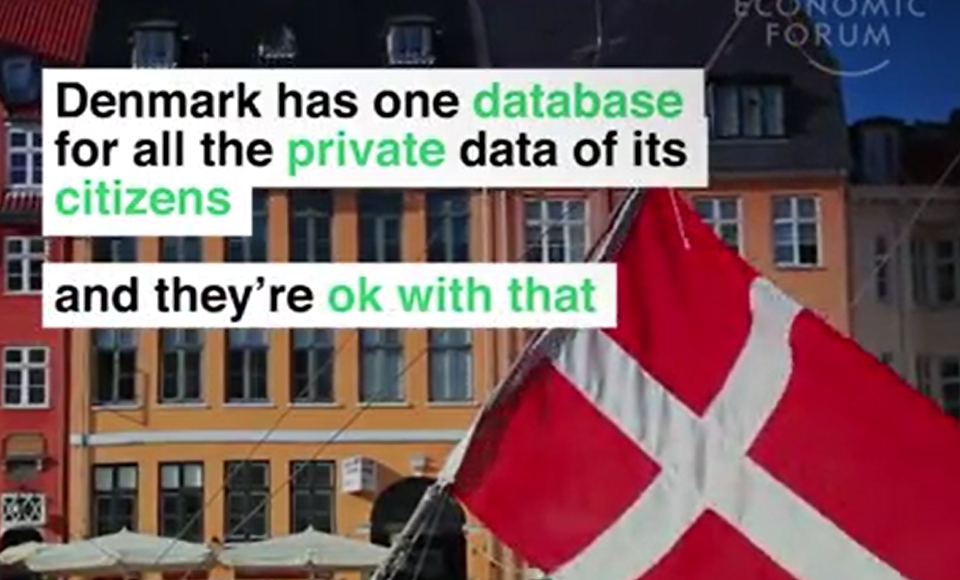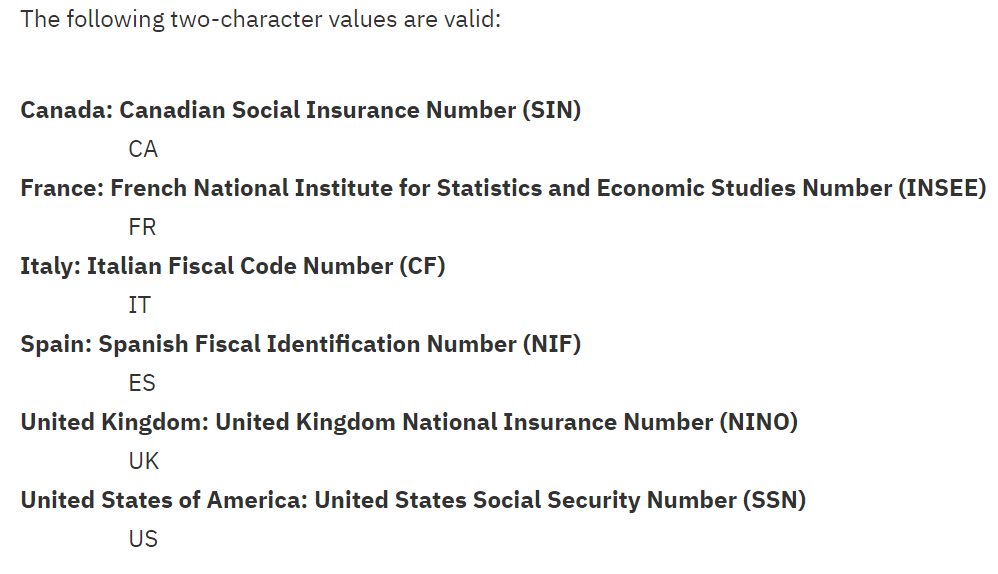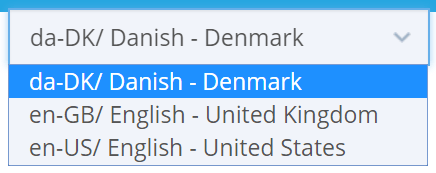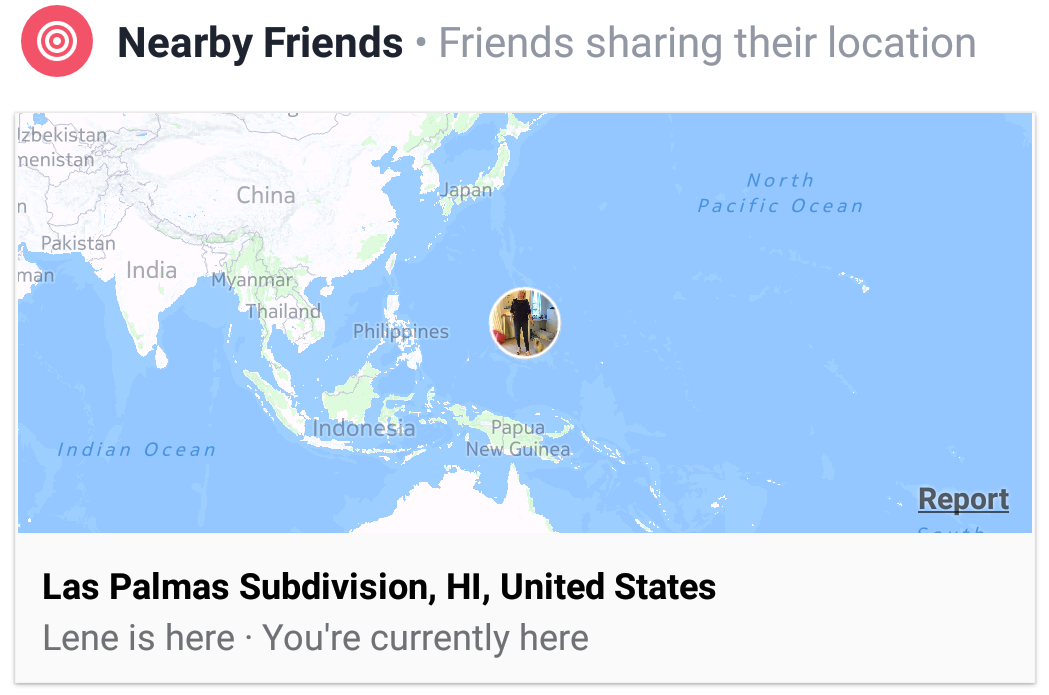
At this time of the year, it is custom to make a foreseeing about what will happen next year usually within a specific area – as for example data management.
After 2020 one should think that making any qualified guess about next year should be regarded within a huge amount of uncertainty.
Well, let us have a go anyway.
The horrible year of the outbreak of the pandemic has also affected the data management scene. One often mentioned theme is the accelerated digitalization, which all the bad things about the pandemic aside, seen in isolation (so to speak), is a positive development.
Digitalization also push globalization. Now you do not have to work with data management partners who is within a 5 miles reach – 5,000 kilometres will be the same.
In fact, the outlook for the data management industry is not bad at all. Digital transformation initiatives will require investments in data management consultancy, data management services and data management technology. The competition will intensify with many partners available at a global range. This will be an opportunity for smaller consultancies with broad visions, nimble service providers with scalable offerings and forward-looking tool vendors with doable solutions.
The chances for gaining market shares in a developing market are good for those of you who sell data management stuff.
The chances for getting the best help are good for those of you who buy data management stuff.
A Merry Christmas to you who celebrate this and a Happy Calendar New Year to all of you.








 When working with
When working with 